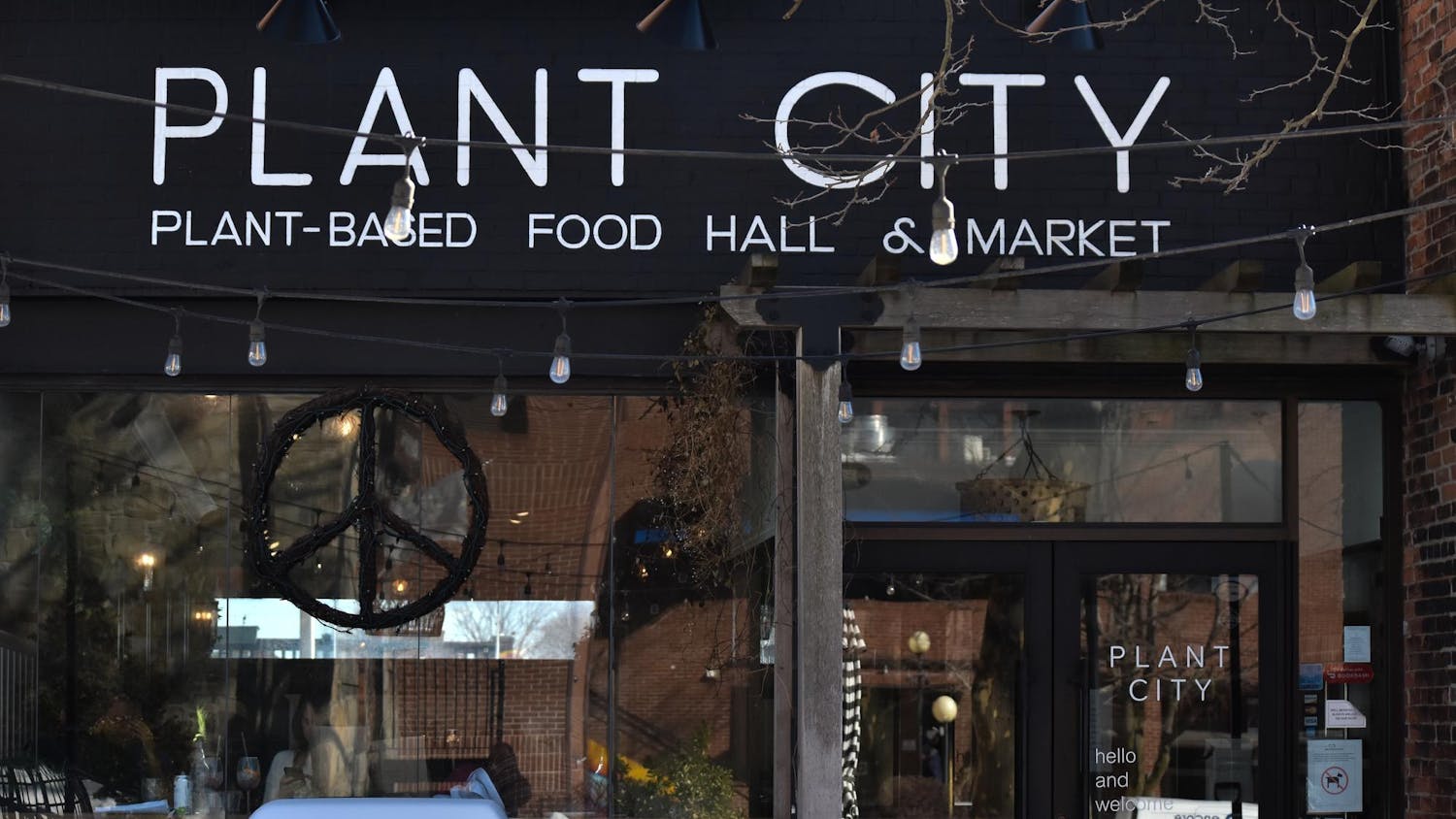States neighboring Rhode Island are going green — and not only as a result of environmental concerns. The first recreational dispensaries in Massachusetts opened Nov. 20 to long lines spilling out of their doors. Connecticut’s governor-elect, Ned Lamont, has been outspoken about his support for legalization, and the New York Department of Health recommended in July that the state permit recreational use. Vermont became the ninth state to legalize recreational marijuana possession this summer.
“We’re going to be an island of prohibition if we don’t act soon,” said Jared Moffat ’13, a director at Regulate Rhode Island, a local branch of the Marijuana Policy Project. “The fact that every state around us is moving toward (legalization) means we’re going to have to deal with the reality of legalization whether one likes it or not.”
The two fully licensed dispensaries that opened in Massachusetts are located between an hour and an hour and a half away from Providence. Rhode Island residents over 21 can legally purchase the product in Massachusetts, but possession of more than one ounce is considered a misdemeanor in Rhode Island, Moffat said.
“Whether it’s gray market or actual legal cannabis, people from Rhode Island, just by proximity, are going to find a way to indulge,” said Nadir Pearson ’19, founder and president of the Student Marijuana Alliance for Research & Transparency. The gray market, in this case, includes Massachusetts residents’ legal right to “gift” up to one ounce of weed, Pearson added.
Moffat said he is hoping that regional change will force the Rhode Island legislature to move toward legalization, which has thus far been stymied. A legalization bill sponsored by Rep. Scott Slater D-10 and Sen. Joshua Miller D-28, didn’t move forward in the House or the Senate in 2016. Another bill, titled “Adult Use of Cannabis Act,” died in the House Judiciary in 2017. Slater will be leading another charge to pass a recreational legalization bill in the House in the 2019 legislative session and predicts that enthusiastic backing from the governor, speaker or senate president will be a necessity for its success.
Moffat argues that legalization would allow the government to develop regulations and public safety plans, such as educating people about the risks of driving under the influence of marijuana. He also cited the 20,000 jobs Massachusetts could gain — “jobs we’re not getting (in) Rhode Island” — and the tax dollars forfeited if the state’s lack of progress in this area continues.
Moffat, who helped Slater craft the 2016 bill, believes that Speaker of the House Nicholas Mattiello D-15 and Senate President Dominick Ruggerio D-4 are partially responsible for the continued illegality of recreational marijuana because “they’ve never even allowed a vote on the bill,” he said.
Mattiello has not recently articulated a definitive position on the matter, though he has voiced concerns with legalization, the Providence Journal reported.
“The sale of recreational marijuana will raise revenues for our state, but it will also increase social costs and public safety concerns,” wrote Larry Berman, communications director for Mattiello’s office, in an email to The Herald. “We will have to determine what the net impact would be for Rhode Island in light of the legal sales in Massachusetts.”
Ruggerio did not respond to The Herald’s request for comment.
A Rhode Island legislative commission to study the impacts of recreational marijuana legalization began in 2017. The final report was originally planned for March 2018, but it has since been pushed to February 2019. Slater is pessimistic about seeing the report at all, saying that the commission has become “bogged down” by conflicting views about legalization.
Slater has no doubt legalization would garner public support; a recent WPRI poll found a majority of Rhode Islanders want legalization of recreational marijuana for those over 21. But in the House, support would depend on the specific language and content of the bill, Slater said.
“I’m still working the issue, but I do believe I have the support amongst the members if you polled them. … But certain folks will want to see certain things in the bill,” Slater said. Content up for debate includes the destination of the prospective tax revenue and whether or not the state will expunge criminal records for marijuana possession.
Because Rhode Island already has infrastructure for medical marijuana growth and distribution, implementation of recreational marijuana would be seamless, Slater said. Right now in the state, cultivators are only allowed to sell to medical marijuana dispensaries — which has created more marijuana supply than there is legal demand, said Spencer Blier, founder and CEO of Mammoth Inc., a cultivation center in Warwick. The Rhode Island Department of Business Regulation issued over 30 licenses to cultivators, yet there are only three “compassion centers” in the state. None of these centers are necessarily reliant on cultivators because they can grow their own marijuana.
Recreational marijuana “is really the only thing long-term that’s going to help us,” Blier said.





